This page is for a previous semester (Spring 2021). Please visit this page to select a more recent semester to find updated details.
Here is information on the different instructors and sections of ES2 for Spring 2021.
Dr. Ethan Danahy (Section 01)
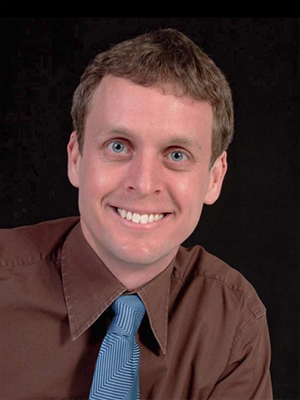
Department: Center for Engineering Education and Outreach (CEEO)
Contact Email: ethan.danahy@tufts.edu
Bio: Dr. Ethan Danahy is a Research Associate Professor at the Center for Engineering Education and Outreach (CEEO) with secondary appointment in the Department of Computer Science within the School of Engineering. Having received his graduate degrees in Computer Science and Electrical Engineering from Tufts University, he continues research in the design, implementation, and evaluation of different educational technologies. Ranging from software and hardware to interfaces and environments, Prof. Danahy explores how these tools can improve interactive educational pedagogies through supports aimed at learners in K-12 through university classrooms. With particular attention to engaging students in the STEAM content areas, he focuses his investigations on enhancing creativity and innovation, supporting better documentation, and encouraging collaborative learning.
Dr. Jennifer Cross (Section 02)
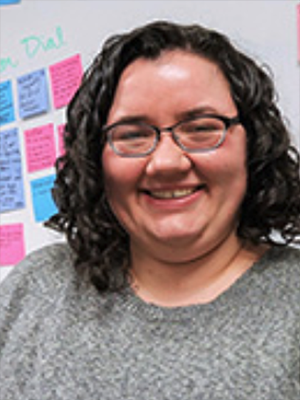
Department: Center for Engineering Education and Outreach
Contact Email: Jennifer.Cross@tufts.edu
Bio: Dr. Jennifer Cross is a Research Assistant Professor at the Tufts University Center for Engineering Education and Outreach (CEEO) where her primary research interests include human-robot interaction with a focus on the educational applications of robotics and supporting diversity in engineering education. She completed her PhD in Robotics within the Community Robotics, Education, and Technology Empowerment Lab at Carnegie Mellon University where she helped to develop the Arts & Bots Program, a creativity-oriented, middle school robotics program using the Hummingbird Robotics Kit.
Dr. Brian Timko (Section 05)
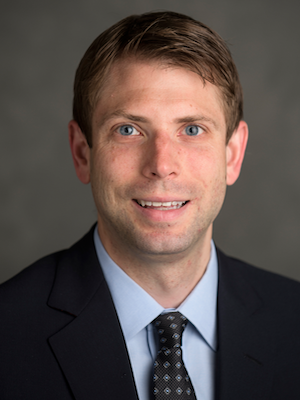
Department: Biomedical Engineering
Contact Email: brian.timko@tufts.edu
Bio: Brian Timko graduated from Lehigh University with B.S. degrees in Chemistry and Chemical Engineering, and from Harvard University with a Ph.D. in Chemistry where he studied semiconductor nanowires and how they could be stably interfaced with living cells and tissue. He completed postdoctoral studies at MIT and Boston Children’s Hospital. During that time, Timko studied nanocomposite materials for cardiac tissue engineering and remotely-triggered drug delivery, and subsequently, he was an instructor in anaesthesiology at Boston Children’s Hospital. Brian Timko’s research interests lie at the intersection of materials science, chemistry, and biology, with a major focus on nanotechnology and nanoscale interfaces between solid-state and biological systems to achieve advances in three interrelated areas: nanoelectronics for biosensing, nanocomposites for tissue engineering, and externally-triggered drug delivery systems.
Dr. Steven Bell (Section 06)
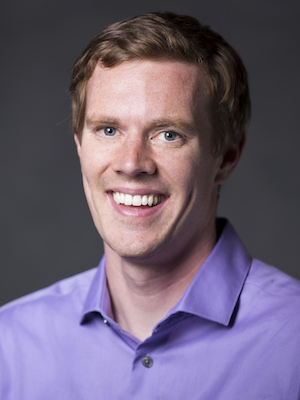
Department: Electrical and Computer Engineering
Contact Email: steven.bell@tufts.edu
Bio: Steven Bell is an assistant teaching professor in the Department of Electrical and Computer engineering, where he teaches topics from C programming to digital design to cameras and imaging systems. His Ph.D. work at Stanford focused on tools for rapid creation of high-performance hardware/software systems for imaging applications. He is also interested in the transfer of engineering education research into the classroom at all levels.
Dr. Joel Grodstein (Section 06)
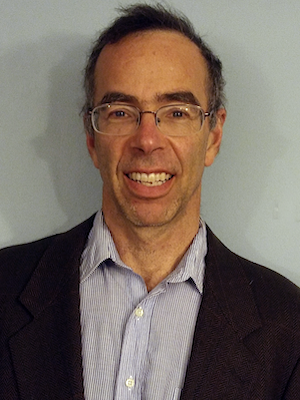
Department: Electrical and Computer Engineering
Contact Email: joel.grodstein@tufts.edu
Bio: Joel Grodstein has degrees in electrical engineering and computer science. He has spent almost 30 years working in the computer industry for Intel, HP, Compaq and Digital Equipment Corporation as a CPU designer, silicon debugger, and CAD-tool developer. He’s now enjoying his second career teaching classes that cover computer architecture and design, VLSI, parallel and high-performance computer programming, and applications of computing to biology.
